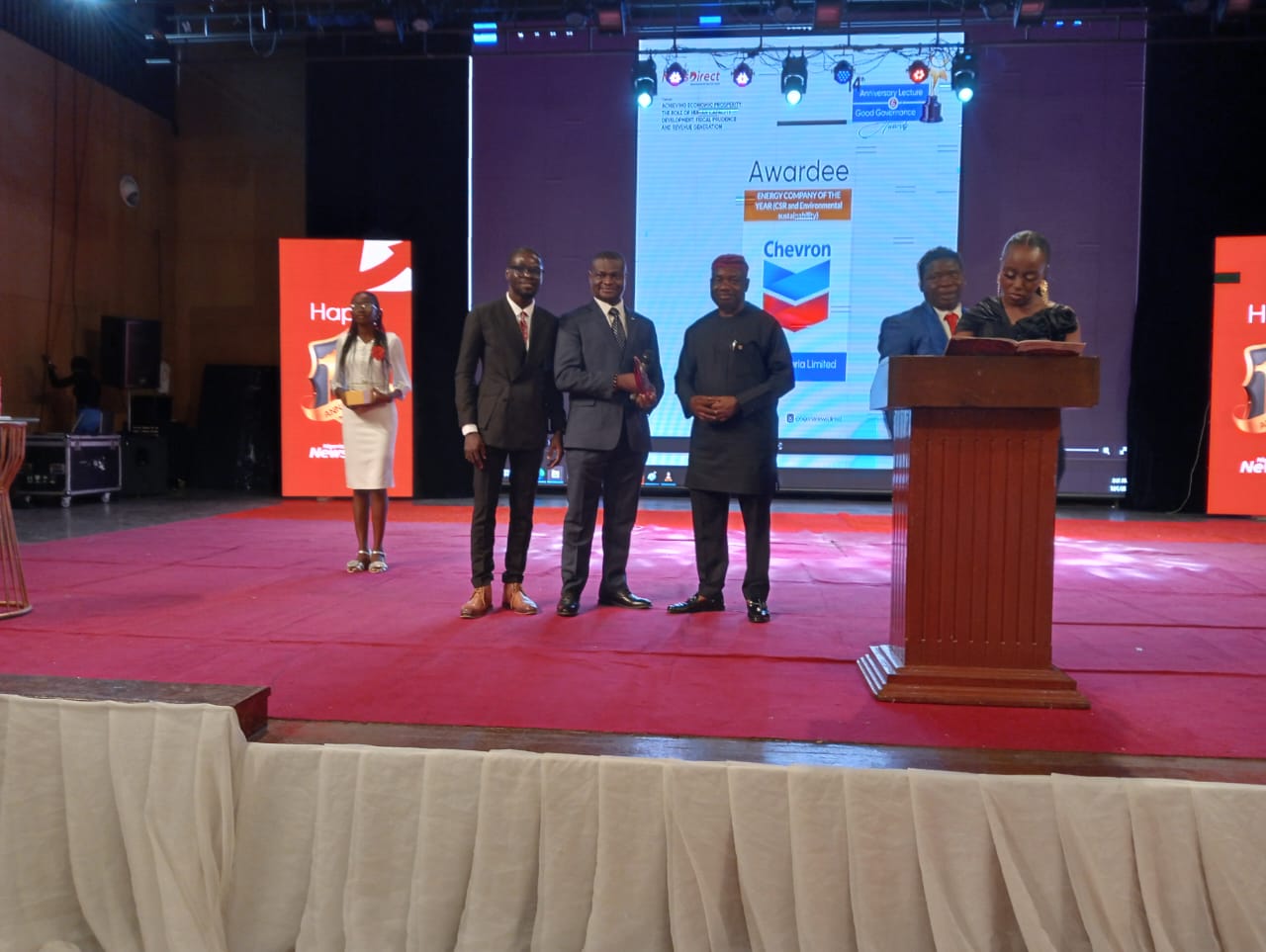Energy
Russia, Vietnam Sign Energy dael and 16 other Deals

HANOI—Vietnam and Russia signed 17 agreements Tuesday aimed at boosting political, military and trade ties while increasing cooperation in the energy sector.
The agreements, timed to coincide with Russian President Vladimir Putin’s visit here, will help offset China’s enormous economic influence in Vietnam and come as Beijing and Hanoi struggle with overlapping sovereignty claims to the South China Sea—Vietnam calls the body of water the East Sea—and the oil and gas reserves that lie beneath the seabed.
The energy deals include one that could see Vietnam’s state oil firm PetroVietnam exploring for oil and gas in Russia’s offshore Arctic region.
 Russia and Vietnam engage in frequent top-level exchanges. In May, Vietnamese Prime Minister Nguyen Tan Dung visited Moscow, following up on a trip to Hanoi a year ago by Russian Prime Minister Dmitry Medvedev.
Russia and Vietnam engage in frequent top-level exchanges. In May, Vietnamese Prime Minister Nguyen Tan Dung visited Moscow, following up on a trip to Hanoi a year ago by Russian Prime Minister Dmitry Medvedev.
“Vietnam has been a long-term, trustworthy partner for Russia…and political dialogue between the two countries is at a high level,” Mr. Putin said at a press briefing after a meeting Tuesday with his Vietnamese counterpart, Truong Tan Sang.
Russia’s exports to Vietnam are dominated by oil products, machinery and weapons. Among the latter are fighter planes and six Kilo-class, cruise missile-equipped submarines, the first of which is due to be delivered to the Vietnamese navy early next year under a $2 billion deal signed in 2009. Two more of the Kilo-Class submarines will be delivered in 2014, Vietnamese state media has reported.
Mr. Putin said the deal signed Tuesday between the countries’ respective defense ministries will help expand the supply of Russian military products to Vietnam and training of Vietnam’s military personnel.
Russia has also provided significant support for Vietnam’s civil nuclear energy program. It has agreed to lend $8 billion to Hanoi to help pay for the country’s first reactors, which nuclear energy company Rosatom will build. The first of these, in the central province of Ninh Thuan, is due to be operational in 2023 followed a year later by a second one.
“Our cooperation in nuclear power is not limited at the construction of Vietnam’s first nuclear power plant, but also includes training human resources and building a nuclear technology training center in Vietnam,” Mr. Putin said.
Russia and Vietnam also have close ties in oil production, with PetroVietnam and Russian oil companies involved in several joint-venture projects. Among these is Vietsovpetro, which has produced more than 206 million metric tons of crude oil from fields offshore Vietnam since it was established in 1981. It is the operator of Vietnam’s largest oil field, Bach Ho, and is 49% owned by PetroVietnam and 51% by Russia’s Zarubezhneft.
Among the deals signed Tuesday, Russia’s Rosneft, will join PetroVietnam in exploring for oil and gas at block 15-1/05 offshore Vietnam while Gazprom Neft the oil arm of state-controlled gas giant Gazprom OAO will invest in Vietnam’s sole refinery, Dung Quat, and distribute products produced there.
In September, Vietnam said Gazprom may join the project to increase Dung Quat’s capacity to 200,000 barrels a day from 130,000 barrels a day.
Russia will also ship liquefied natural gas to Vietnam to help the country meet rapidly rising energy demand, Mr. Putin said Tuesday. In October, Gazprom said it hoped to have a framework deal in place by the end of the year to ship gas to Vietnam from its planned Vladivostok LNG project.
Vietnam’s main exports to Russia are farm produce, seafood, clothing and electronics.
The pair plans to increase bilateral trade to $7 billion in 2015, up from an estimated $4 billion this year. In March they launched free-trade negotiations, which if completed would deepen commercial links further.
Despite Vietnam’s sometimes heated territorial disputes with its nearer neighbor, Vietnam-China trade is substantially larger: In the first half of 2013 bilateral trade totaled $23.1 billion, up 20% from a year earlier.
China and Vietnam both claim ownership of areas lying off the eastern and southern Vietnamese coast, some of which, including the Spratly Islands, are believed to contain oil and gas deposits.
“We welcome Russia’s strategy to see Vietnam as its strategic partner in the [Southeast Asian] region, and Vietnam’s determination is to see Russia as Vietnam’s leading partner,” Vietnamese President Truong Tan Sang said.
The two leaders Tuesday also witnessed the signing of a credit agreement between the Bank for Investment and Development of Vietnam and Russia’s International Investment Bank. No details were announced.
The two countries also signed deals regarding cooperation in education, science, health care and the environment.
– WALL STREET JOURNAL
Energy
Dangote Partnership: MRS Urges Nigerians To Insist On N935/Litre Petrol Price Nationwide

MRS Oil Nigeria Plc, a prominent player in the Nigerian downstream oil industry, has implemented a new petrol price of N935 per litre across all its retail service stations nationwide.
The company has also called on Nigerians to monitor and report any outlets that fail to adhere to the new price structure.
Biztellers reports that this is consequent upon an announcement by the President of Dangote Industries Limited, Aliko Dangote, that the Dangote Petroleum Refinery has partnered with MRS Oil and Gas to offer petrol at N935 per litre at retail outlets, following a reduction in the ex-depot price from N970 to N899.50 per litre.
ALSO READ: Dangote Slashes PMS Price To N899.50k
It was gathered that MRS Oil Nigeria Plc has instructed all its outlets to implement the new price immediately, setting up a digital platform and monitoring team to ensure full compliance.
In a statement on Monday night, the company declared, “Petrol is now being sold at N935 at MRS Filling Stations nationwide. If you find any station not following this price, please report it. Call 08009447853 or email: NG-FMKPMGWHISTLEBLOWING@NG.KPMG.COM”
Emphasising the eco-friendly nature of its products, MRS Oil added, “We call on all petrol station owners to join MRS Oil Nigeria Plc in improving the supply chain of our beloved country, ensuring product quality and availability in every corner of Nigeria for the benefit of all Nigerians.”
In Lagos, commuters were seen queuing at MRS filling stations to purchase petrol, with many expressing their gratitude to the Dangote Petroleum Refinery and MRS Oil and Gas, urging other marketers to support the indigenous refinery rather than import off-spec products into the country.
A commuter at the MRS station at Alapere on the Lagos Ibadan Express way, Ibukun Phillips, could not hide her joy as her husband filled up their car.
“I am very happy today. This is a victory for Nigeria,” she said. “The price reduction is the best gift of the season. But beyond just the reduction, we are buying standard, eco-friendly petrol at a lower rate. My husband and I have decided we will only be using MRS from now on because we are confident in the quality of the product and supporting the economy.”
A commercial bus driver, Adio Ajibade described the price reduction as a great relief, especially during the festive season.
“The reduction is a great relief. It will reduce transportation costs and benefit Nigerians. God will continue to bless Alhaji Aliko Dangote,” he said.
A public affairs analyst and university lecturer, Dr. Tunde Akanni, said the collaboration between Dangote Petroleum Refinery and MRS Oil represents a significant step towards improving the affordability, quality, and sustainability of petroleum products in Nigeria.
According to Dr. Akanni, “this move will not only help ease the financial burden on Nigerians but also promote a more environmentally conscious approach to fuel consumption, benefitting both the economy and public health in the long term.”
Energy
FDI: Shell To Invest Billions Of Dollars On Nigeria’s Bonga North Oil Field

As a direct implication of the Federal Government’s Foreign Direct Investment drive, the Royal Dutch Shell has completed the final investment decision on the deep offshore Bonga North project in Nigeria.
Biztellers reports that the Bonga North will be a subsea tie-back to the Shell-operated Bonga Floating Production Storage and Offloading (FPSO) facility which Shell operates with a 55% interest.
Shell’s Integrated Gas and Upstream Director, Zoë Yujnovich, said, “This is another significant investment, which will help us to maintain stable liquids production from our advantaged Upstream portfolio”.
ALSO READ: OGUNCCIMA Commends Dangote Refinery’s Impact
It was gathered that the Bonga North project involves drilling, completing, and starting up 16 wells (8 production and 8 water injection wells), modifications to the existing Bonga Main FPSO and the installation of new subsea hardware tied back to the FPSO.
The company is optimistic that the project will sustain oil and gas production at the Bonga facility.
The Bonga North currently has an estimated recoverable resource volume of more than 300 million barrels of oil equivalent (boe) and will reach a peak production of 110,000 barrels of oil a day, with first oil anticipated by the end of the decade.
In addition, the Bonga North will help ensure Shell’s leading Integrated Gas and Upstream business continues to drive cash generation into the next decade.
Energy
Chevron Nigeria Bags ‘Energy Company Of The Year For Environmental Sustainability And CSR

Chevron Nigeria Limited (CNL), has received an award as “Energy company of the year (2024)” for its Environmental Sustainability and Corporate Responsibility accomplishments.
The award presented by the Nigerian News Direct newspaper, on Friday December 6, 2024, and was received by Manager Communications, Chevron Nigeria and Mid-Africa Business Unit, Victor Anyaegbudike, at a colourful event at the Grand Ballroom of the Oriental Hotel, Lagos.
ALSO READ: Stakeholders Hail NCDMB As Local Content Level Hits 56%
The organizers of the award noted that Chevron has implemented the “Protecting People and the Environment” policy, which aims at preventing injuries, illnesses, and environmental incidents. They also referenced that the company has achieved 97% gas flaring reduction in its operations in Nigeria, while implementing waste management and environmental conservation programs.
According to the media organization, Chevron Nigeria has also invested millions of dollars in community development programs, supporting education, health and economic development initiatives that have benefited thousands of people, while ensuring diversity, inclusion, and employee engagement in its business operations.
Receiving the award from the Lagos State Commissioner for Information and Strategy, Gbenga Omotosho, Anyaegbudike thanked the organizers for the honour, and reiterated Chevron’s commitment to continue to develop, affordable, reliable and ever-cleaner energy that enables human progress around the world.















